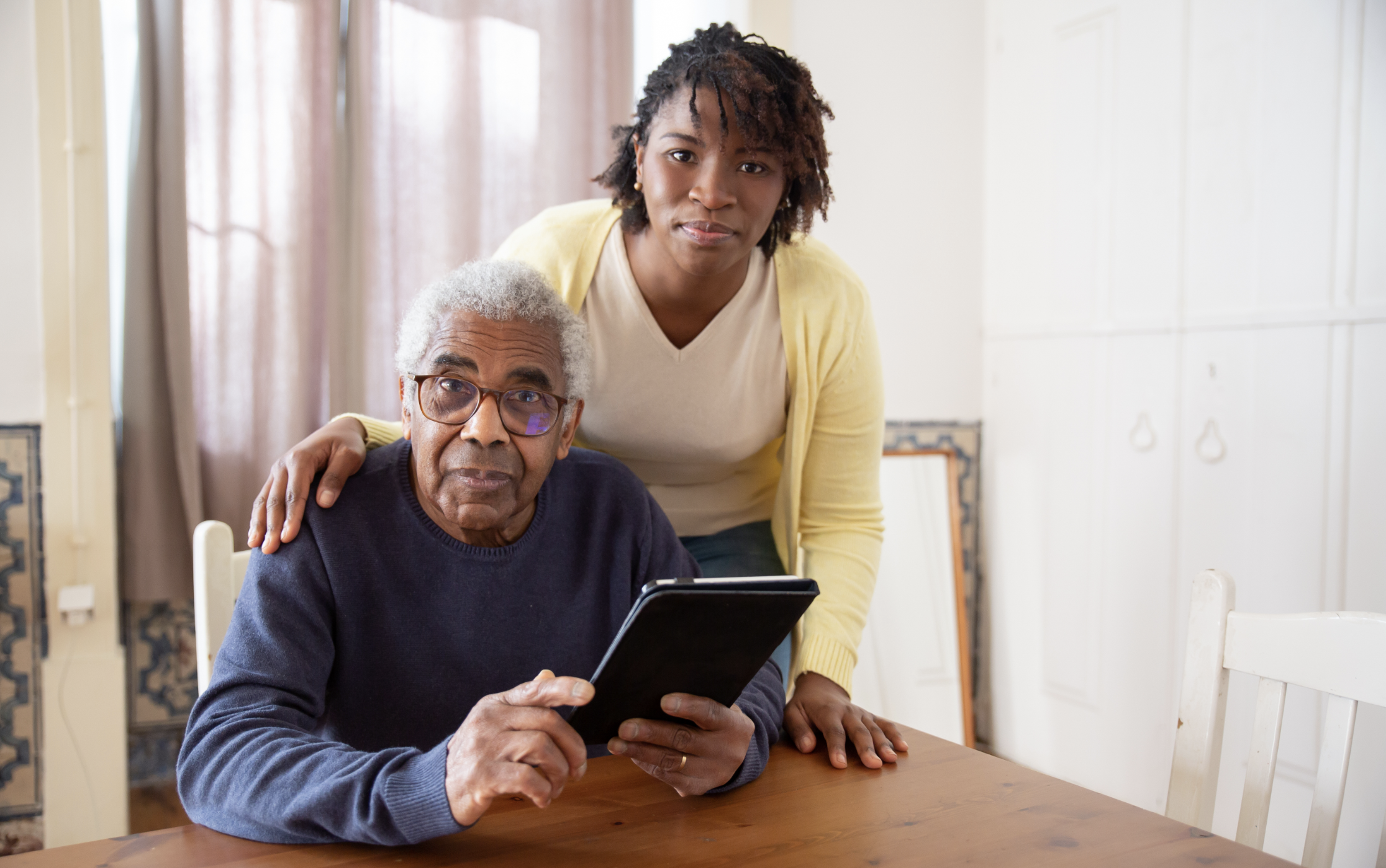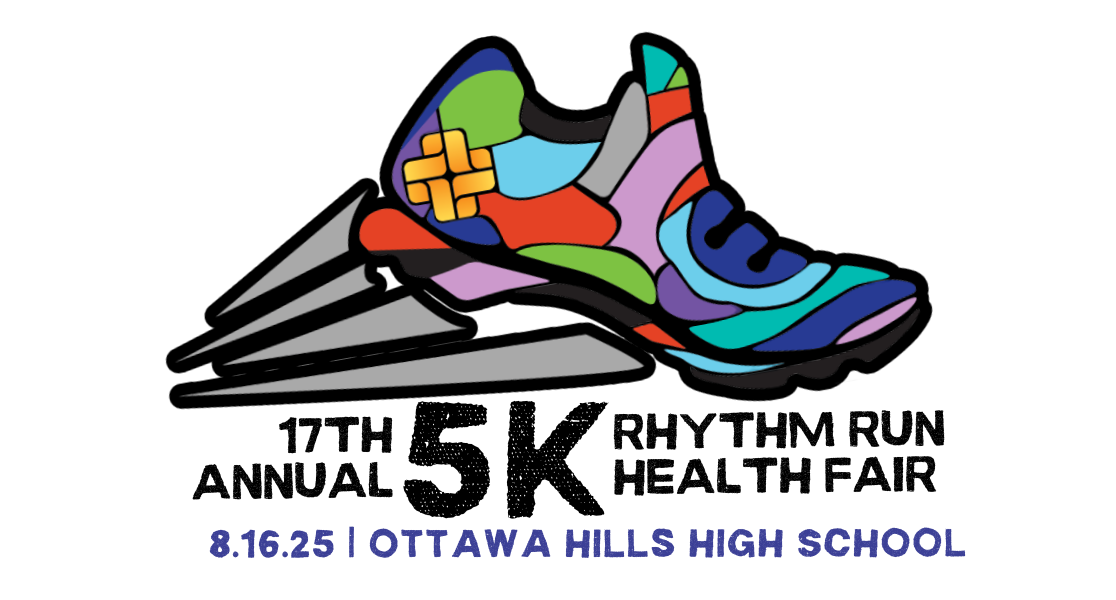Written by Aileen Hope, for The Grand Rapids African American Health Institute
The U.S. healthcare system has had a long, rocky reputation, and across the different demographics older Americans have it the worst. The Conversation notes 11 million older adults are struggling to make ends meet, and skip much needed healthcare as a result.
The numbers are worse for older people of color, and the national disparity between Black and white economic insecurity is 17 percentage points. The inaccessibility of healthcare is thus shown to disproportionately impact people of color and other marginalized groups.
Let’s take a closer look at what this means for African-American seniors.
A look through the medical facts
Statistics show that African-Americans bear the brunt of these healthcare challenges. This was further exposed under the recent Covid-19 pandemic wherein the NCBA highlights 37% of Covid-19 hospitalizations in 2020 and 2021 were older Black adults. This is despite the population comprising only 9% of the 65-and-older demographic.
Furthermore, the death rate from Covid-19 for older Black adults was more than twice the rate of older white adults. This is a recurring pattern that has occurred throughout history — African-American adults are 60% more likely to be diagnosed with diabetes, are 30% more likely to die from heart disease, and also 50% more likely to have a stroke.
The crucial factors
Experts have thus confirmed the pervasiveness of underlying health conditions within the African American community. In particular, gaps in wealth limit their access to the commercialized healthcare system.
Maryville University suggests that senior poverty has the potential to get even worse in the future. The median net worth of U.S. white families is nearly eight times greater than that of Black families. Social security benefits are based on the person’s earnings and are thus also lower on average for people of color, with the typical older Black family receiving annual benefits about 24% lower.
Acquiring a high-paying job and overcoming poverty is easier said than done, too. While we’ve come far since the 13th Amendment, African-American communities continue to lack access to the high-quality education that prepares young people for well-paying careers. They are also less likely to own a home and other assets, which reduces their ability to build wealth.
Seniors bear the biggest brunt of these effects, having survived their youth in a community that had even less access to wealth than it does today. This further puts people of color at disadvantages that can extend throughout their lifetime and pass onto future generations.
What can be done
As society progresses, means to help everyone build financial security for retirement have been developed. However, progression can go two ways, for the better or worse.
A critical program in the history of healthcare for people of color is the ACA or the Affordable Care Act. This allowed states to expand eligibility for Medicaid to everyone below 138 percent of the FPL, and from 2013 to 2019, the coverage gap between Black and white adults dropped by 4.6 percentage points.
In 2016, though, national progress stalled under the Trump administration and coverage eroded for all groups. This goes to show that systemic change is the key. This includes investing in public education, ensuring fair access to stable employment, and promoting financial literacy.
Government assistance programs such as SNAP benefits for food and housing subsidies, and the foundations of a secure retirement, Medicare and Social Security, must be improved as well. On the other hand, organizations or foundations can also do their part by making sure health programs consider African-American seniors’ specific needs and health conditions. Individuals can join the call and spread awareness in their own capacity, too.
As seen by ACA in 2016, the movement towards better healthcare for African-American seniors will naturally be inclusive of other demographics. It is thereby key that we collectively champion the rights of our seniors and African-American communities, in order to improve the lives of all.


